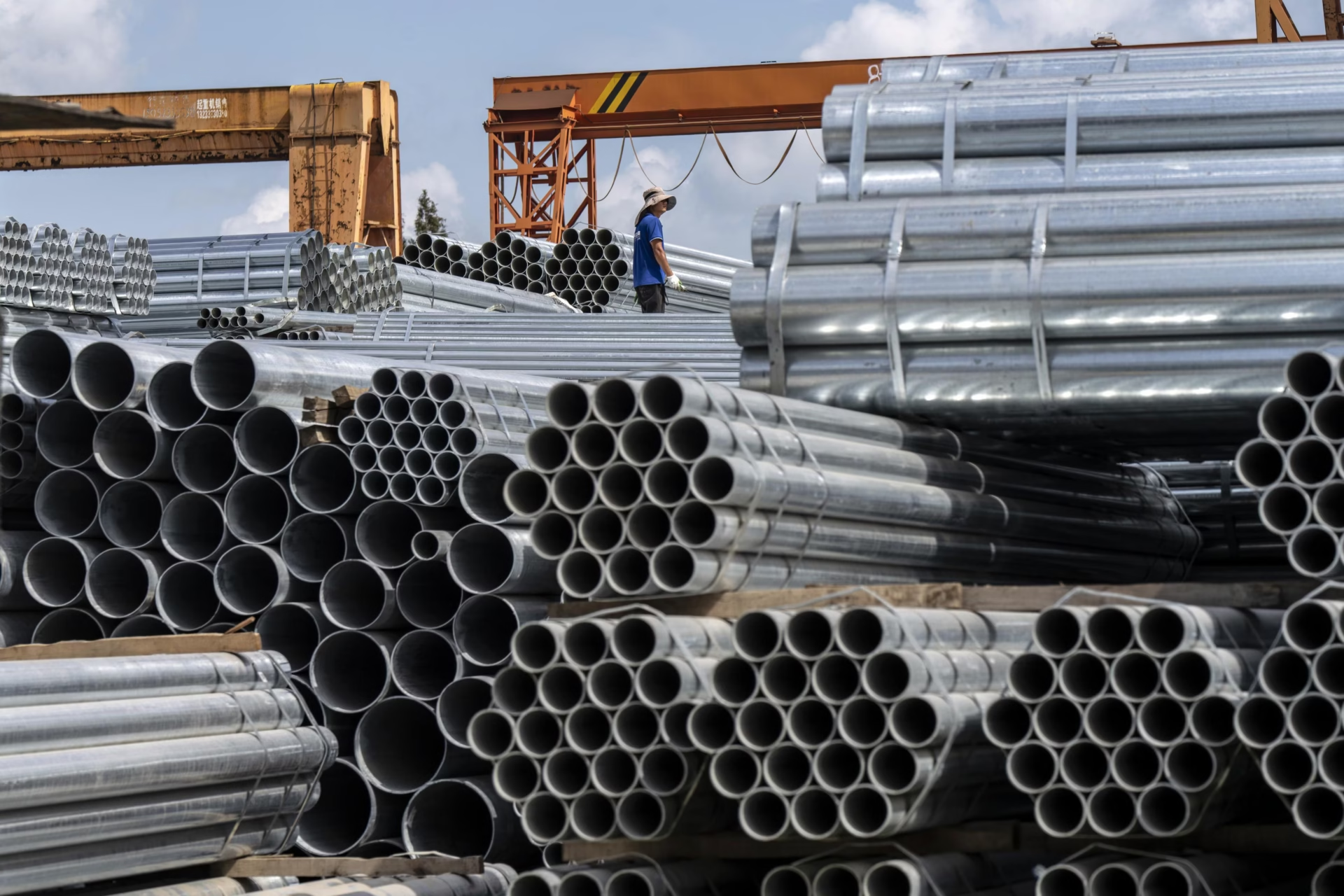Australian Steel Faces Tariff Risk as U.S. Policy Shifts
Australia has ramped up diplomatic efforts to secure an exemption from U.S. President Donald Trump’s proposed 25% tariffs on steel and aluminium imports, arguing that its exports support thousands of high-paying American jobs and are integral to shared defence interests.
With Washington’s protectionist trade policies tightening, Australian Trade Minister Don Farrell has been making high-level representations to ensure continued access to the U.S. market. “Australian steel and aluminium are not only crucial to the U.S. supply chain but also sustain thousands of well-paid American jobs,” Farrell emphasised in a statement. He stressed the need for “free and fair trade” between the two nations, especially given their deepening strategic and military cooperation. Australia previously secured an exemption from Trump’s 2018 tariffs after lobbying efforts highlighted the importance of Australian metal exports to U.S. manufacturing and defence sectors. Now, with fresh tariff measures on the horizon, Canberra is again pushing for a similar deal. However, with no confirmed U.S. trade representative in place, formal negotiations are still in the early stages.
Australia is leveraging its strong military alliance with the U.S. under the AUKUS security pact as a key argument for exemption. The pact, which strengthens security ties between Australia, the U.K., and the U.S., includes Canberra’s commitment to invest billions in U.S. submarine production. Last week, Australian Defence Minister Richard Marles met with his U.S. counterpart Pete Hegseth, with Australia making its first $500 million payment towards boosting American submarine industry capacity. This investment is part of a broader multi-billion-dollar agreement that will see Australia acquire U.S.-built nuclear-powered submarines in the coming years. The Australian government is now highlighting this defence cooperation to bolster its case against the tariffs, arguing that economic and military interests should be aligned rather than restricted by trade barriers.
For Australian steel and aluminium exporters, the stakes are high. The U.S. is a key market for premium-grade Australian metals, with exports valued at over $500 million annually. A tariff imposition would significantly erode competitiveness, forcing Australian producers to either absorb the cost or lose market share to other nations with lower trade restrictions. Market analysts warn that additional tariffs could disrupt supply chains, increase production costs for U.S. industries relying on Australian metals, and potentially strain diplomatic relations. With China’s dominance in global metal exports, Washington risks pushing an ally’s industry into alternative markets, weakening its Indo-Pacific economic strategy.
With Trump’s protectionist trade agenda gaining momentum, Australia faces an uncertain trade outlook. The next few weeks will be critical, as Canberra intensifies its lobbying efforts to prevent tariff barriers that could impact thousands of jobs and millions in trade revenues. As negotiations continue, the focus remains on whether the U.S. will acknowledge Australia’s strategic role as a key trade and defence partner—or whether economic nationalism will override geopolitical considerations.







